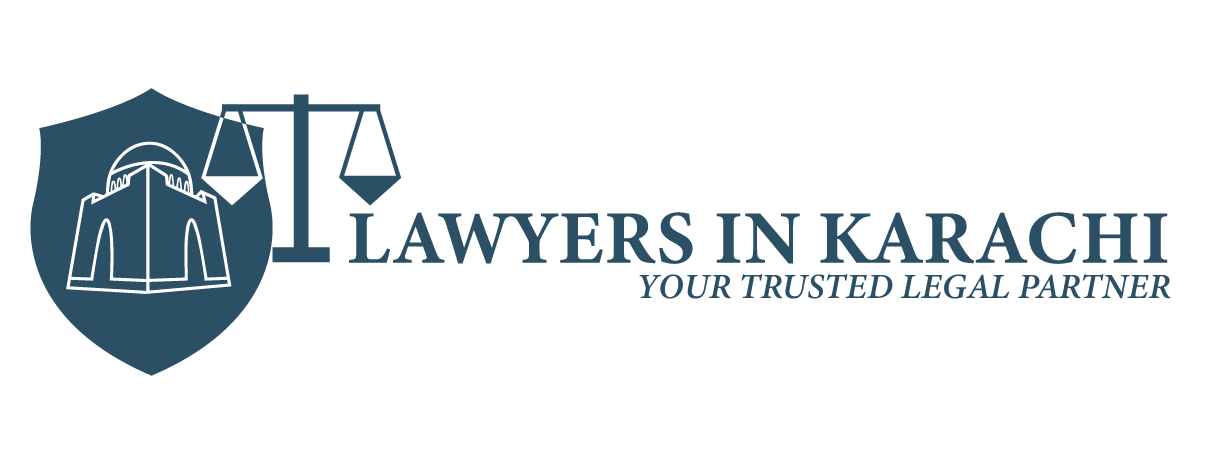Expert Guidance from a Legal Counsellor: Why It Matters
In today’s fast-paced world, legal issues have become a common part of personal and professional life. From business contracts and property disputes to family matters and criminal defense, the need for expert advice is more crucial than ever. This is where a legal counsellor plays a vital role. Acting as both an advisor and a representative, a legal counsellor ensures that individuals and businesses make informed decisions while staying compliant with the law.
What is a Legal Counsellor?
A legal counsellor is a qualified professional who provides guidance, advice, and legal solutions tailored to a client’s specific situation. Unlike general advisors, a legal counsellor not only explains the law but also applies it strategically to protect the client’s rights and interests. They work across different fields such as family law, corporate law, criminal law, and civil matters, offering a comprehensive approach to legal challenges.
The Role of a Legal Counsellor in Today’s Society
The role of a legal counsellor has expanded significantly over the years. Modern legal counsellors do more than interpret laws; they anticipate risks, structure agreements, and mediate disputes before they escalate. Their expertise ensures smoother processes in both personal and professional matters.
Some of the key roles include:
-
Legal Advice: Helping clients understand their rights and obligations.
-
Risk Management: Identifying potential issues before they become legal disputes.
-
Representation: Assisting clients in negotiations, mediations, and in some cases, court proceedings.
-
Documentation: Drafting and reviewing contracts, agreements, and other legal documents.

Why Consult a Legal Counsellor?
People often wait until a problem arises before contacting a lawyer. However, involving a legal counsellor early can prevent costly mistakes and lengthy disputes. Here are some reasons why consulting a counsellor is essential:
-
Clarity in Complex Laws
Legal language can be overwhelming. A counsellor breaks down complex laws into simple terms, ensuring clients fully understand their situation. -
Strategic Decision-Making
Every legal choice has long-term consequences. With a counsellor’s guidance, clients make informed decisions that align with their goals. -
Conflict Resolution
Disputes, whether personal or corporate, can damage relationships and reputations. Legal counsellors often resolve conflicts through negotiation and mediation, avoiding unnecessary litigation. -
Protection of Rights
Whether in family disputes, property matters, or employment issues, a counsellor safeguards the rights of their clients.
Areas Where a Legal Counsellor Can Help
A legal counsellor is not limited to one area of practice. Their services extend across multiple sectors, including:
-
Family Law: Divorce, child custody, inheritance, and guardianship.
-
Corporate Law: Business formation, mergers, compliance, and contract drafting.
-
Criminal Law: Defense representation, bail matters, and trial preparation.
-
Civil Law: Property disputes, tenancy issues, and damages claims.
-
Employment Law: Workplace rights, wrongful termination, and compensation disputes.
This versatility makes them invaluable for individuals, families, and businesses alike.
Qualities of a Good Legal Counsellor
Not all counsellors offer the same level of service. The effectiveness of legal assistance often depends on the counsellor’s qualities. A reliable legal counsellor should possess:
-
Strong Communication Skills: Explaining complex issues in understandable terms.
-
Analytical Thinking: Evaluating situations and offering strategic solutions.
-
Ethical Standards: Maintaining confidentiality and acting in the client’s best interest.
-
Problem-Solving Ability: Offering practical resolutions instead of lengthy battles.
-
Experience and Knowledge: A proven track record in relevant areas of law.
How to Choose the Right Legal Counsellor
Finding the right counsellor is a critical decision. Here are some tips for selecting one:
-
Check Expertise: Ensure their experience matches your specific legal needs.
-
Ask for Referrals: Recommendations from trusted sources often lead to reliable professionals.
-
Review Credentials: Verify qualifications, certifications, and track record.
-
Schedule a Consultation: Direct interaction helps assess communication style and comfort level.
-
Assess Transparency: A trustworthy counsellor is clear about fees, timelines, and possible outcomes.
The Difference Between a Legal Counsellor and a Lawyer
While the terms are often used interchangeably, there is a subtle distinction. A lawyer typically represents clients in court, focusing on litigation and trials. A legal counsellor, on the other hand, emphasizes advice, preventive measures, and conflict resolution. In many cases, the same professional may serve both roles, but the approach differs depending on the client’s needs.
The Future of Legal Counselling
With globalization, technology, and evolving laws, the demand for legal counselling continues to rise. Businesses are seeking ongoing legal advisors to navigate regulations, while individuals rely on counsellors for everything from property transactions to digital rights.
In the future, legal counsellors are expected to integrate technology into their practice, offering faster research, online consultations, and innovative solutions that make legal services more accessible.
Outcome
Engaging a legal counsellor is no longer an option reserved for complex cases—it is a smart step for anyone looking to safeguard their future. Whether you are an individual managing family matters or a business owner navigating corporate challenges, a counsellor provides the clarity and confidence needed to move forward.
By consulting the right professional, you gain not only legal protection but also peace of mind. In a world where every decision carries legal weight, having a skilled counsellor by your side is invaluable.



